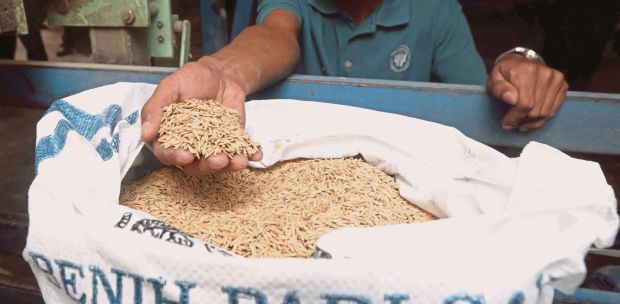ALOR STAR: The people have been urged to use poppy seeds (kas-kas) in cooking for the upcoming Hari Raya festive season as an alternative to the pricier red onions.
National Farmers' Organisation Authority (LPP) chairman Datuk Mahfuz Omar said that since it is difficult for people to obtain onions at a reasonable price, they should consider reducing their usage.
"Red onion is an essential item for the Hari Raya festive season, but its price has become expensive," he said.
"As such, let's reduce the usage of onions. I advise women who are cooking to cut down on the usage of onions and instead add more kas-kas (poppy seeds) to their dishes; it will certainly make them more delicious," he told reporters after opening the LPP Agromadani Mega Raya Sales at Dataran Jalan Istana Lama here today.
Mahfuz added that people should use their creativity and innovation to look for alternatives to make their dishes tastier following the price hike of red onions.
"Just take a small portion of kas-kas powder, but not too much because some doctors advise against consuming excessive amounts of it.
"Besides, the Health Ministry and the Home Ministry have never banned kas-kas, even though it originates from poppy flowers.
"Just use a small portion; it will help to make your dishes tastier because it is commonly used among mamak restaurants," he said.
In a related development, Mahfuz said LPP is working to expand its onion farming project, including in the northern states, to fulfill 30 per cent of domestic demand by 2026.
Indian red onions are popular among Malaysians, and the price has soared by over 30 per cent from RM6 to RM8 per kg since 2020 due to massive floods and disasters in India.





